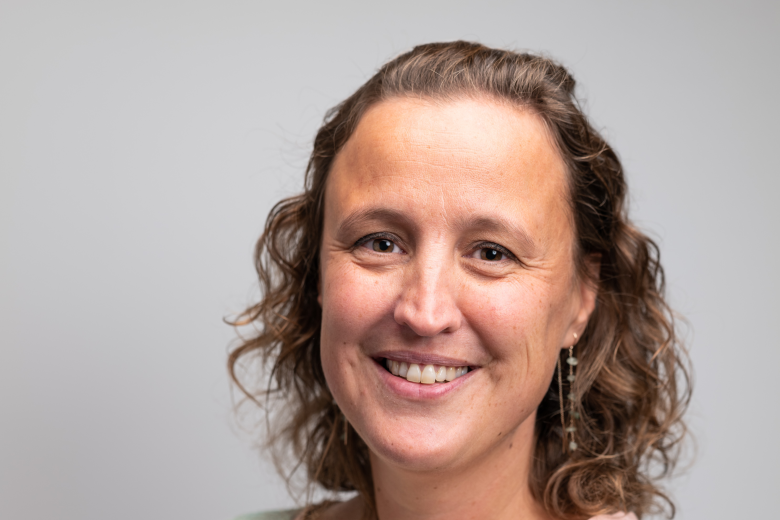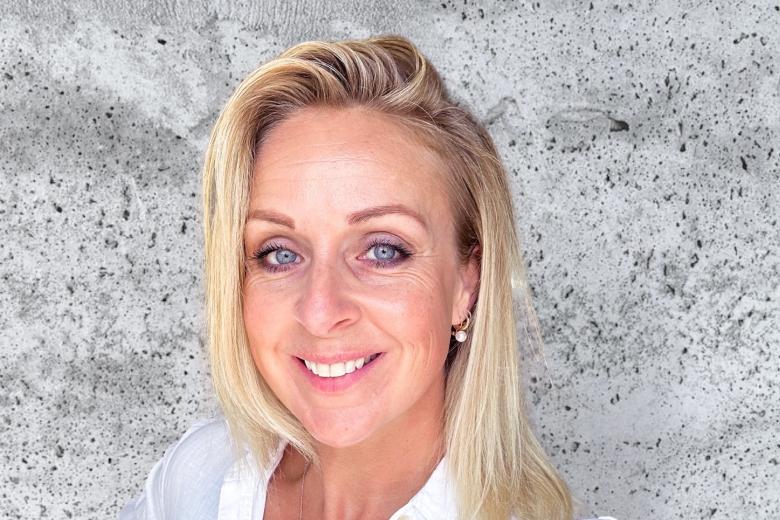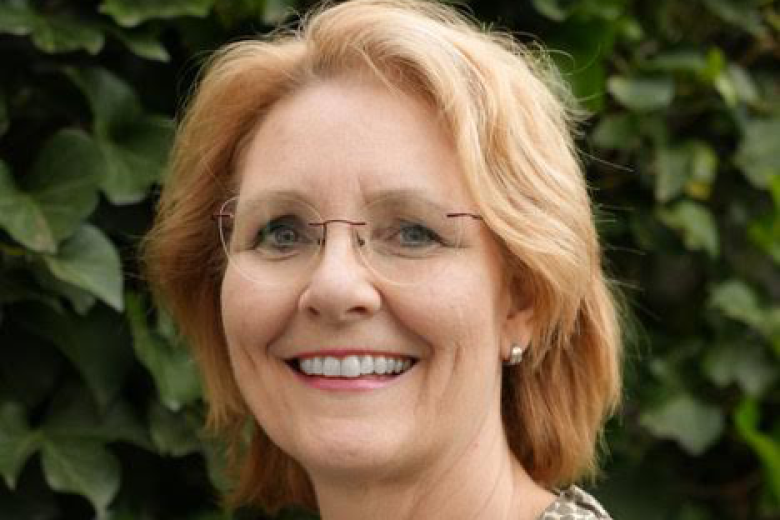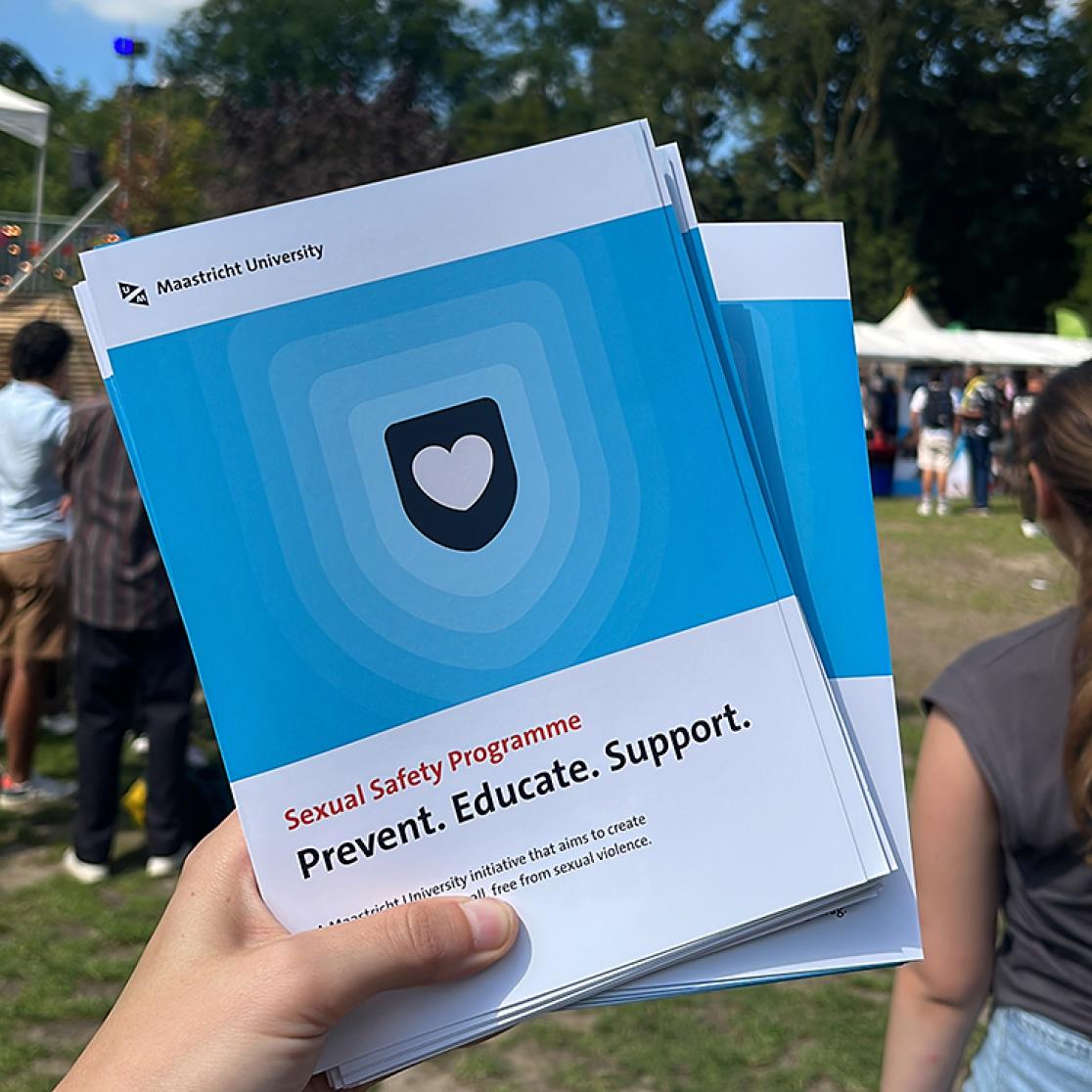Social Safety Team for students
Maastricht University (UM) is committed to fostering your academic and personal growth in a respectful, constructive and caring environment. The Social Safety Team for students is here to promote and support this commitment to you.
Our team works independently and is here to help students when it comes to experiencing, witnessing or being accused of socially undesirable behaviour at Maastricht University. If you encounter any issues where you feel your boundaries of social conduct have been crossed - but also when you feel you may have crossed someone else’s boundaries - you can reach out to us. We will sincerely listen to you and collaborate with you to find ways of support. Together we will look into ways to improve your situation and everything you tell us will be kept confidential and anonymous.
Your feelings and comfort are our primary concern and actions will only be taken with your full consent.
Are you an employee / PhD candidate at Maastricht University? Contact the Concerns & Complaints Point for employees.
How can we help?
You can reach out to the Social Safety Team to:
- share your experience or worry,
- make an anonymous report,
- look into an informal route to improve your situation, or
- get help in filing a formal complaint.
When do we refer you to other services?
- UM Student Deans: for questions or issues regarding your legal position as a UM student
- Study adviser/counsellor: for academic issues or guidance in your academic path you can reach out to a study adviser within your faculty.
- UM psychologist: for issues related to mental health
Reaching out to the Social Safety Team
When you reach out to the Social Safety Team you can have a talk with one of us either online or at one of our locations at various places at UM. If you would like to stay completely anonymously you can phone us and switch off your caller ID. You can find our details below.
When talking to us we regard this as an informal interaction where you can tell us your story, ask for advice and where we can explore together what options you consider possible. You will always be in the lead, no actions will be taken without firstly discussing this option with you.
We prefer to make an (anonymous) report of your case. We use this information for statistics in our annual report, recognising patterns of socially undesirable behaviour within UM and being able to give a signal to either the Executive Board or your faculty or service centre. Your report is important in order to address undesirable situations within the UM community. An anonymous report means that your name and exact details will not be revealed to others. Only the person you had the appointment with knows who you are. If necessary - with your consent - third parties are involved. If you want to make a completely anonymous report, you can call the contact point and turn off your caller ID beforehand.
When you decide to file a formal complaint we can we can explain and support you in this process.
For more information on filing a formal complaint, visit the Complaints Service Point (CSP) webpage.
When to contact us
You can contact the Social Safety Team if you:
- experience(d) socially undesirable behaviour;
- suspect, witness or are involved in socially undesirable behaviour;
- think you may have engaged in socially undesirable behaviour yourself; or
- are being accused of socially undesirable behaviour.
Don't hesitate to reach out to us for support or guidance. See top of this page for direct contact or at the bottom for more details of who we are.
The role of a confidential advisor
A confidential adviser is here to listen to you and keep whatever you say private. They offer advice and help explore solutions to your problem with you. A confidential adviser can help you advocate for yourself and when needed join you for moral support. Any action will only be taken with your prior consent. While they are not mediators, they support you, prioritise your feelings and concerns, and always act in your best interest.
You can also discuss with the confidential advisor whether or not you want to file a formal complaint regarding undesirable behaviour.
If you are the subject of a complaint, you also have the right to consult a confidential advisor.
What a confidential adviser does not do
A confidential adviser does not serve as a mediator, intervene in legal proceedings or investigate to find the truth.
Make an appointment with a confidential advisor
For more about the role of the confidential adviser for undesirable behaviour, see:
Uitleg functie vertrouwenspersoon (in Dutch)
Landelijke Vereniging van Vertrouwenspersonen (in Dutch)
The role of the ombuds officer
The ombuds officer is an unbiased and independent discussion partner for UM students, offering advice on study-related matters.
The ombuds officer:
- Maintains independence and neutrality; is not an advocate
- Facilitates discussions, but is not a mediator
- Adheres to regulations that guarantee confidentiality and privacy
- Does not handle issues designated for other university roles or units (e.g., student dean or Board of Examiners)
- Provides solicited and unsolicited advice
The ombuds officer enhances the social safety of the study environment, advises the Executive Board on social safety trends, and can independently investigate in response to a report.
If you want to request an investigation by the ombuds officer regarding UM’s conduct, send a detailed request to Claire Essers. She will inform you whether or not she has the authority to conduct an investigation.
For more about the ombuds officer's regulations and statute, see:
regulations for the position of ombuds officer
statute on the position of ombuds officer
Read more about the ombuds officer.
Getting support outside UM
In addition to the resources we offer at the university, the following resources outside UM are also available if you experience undesirable behaviour:
- Sexual Assault Center
- Police station Maastricht (website in Dutch, but you can call and speak to the police in English)
- Huisartsenpost (general practitioners’ emergency post)
- Suicide prevention crisis line 113
- Discrimination hotline and assistance (website in Dutch)
- Anonymous talk and chat line to discuss anything you are worried about
- Victim Support Netherlands
Wendy Geijen - Confidential Advisor
confidentialadvisor@maastrichtuniversity.nl
wendy.geijen@maastrichtuniversity.nl
+31 (0)6 28 03 50 33
Bonnefantenstraat 2, room B1.23, Maastricht

Romy Beuken - Confidential Advisor
confidentialadvisor@maastrichtuniversity.nl
r.beuken@maastrichtuniversity.nl
+31 (0)6 39 58 21 66
Bonnefantenstraat 2, room B1.33, Maastricht

Wendy Brandt - Confidential Advisor
confidentialadvisor@maastrichtuniversity.nl
wendy.brandt@maastrichtuniversity.nl
+31 (0)6 48 41 65 43
Paul-Henri Spaaklaan 1, PHS room C2.016, Maastricht

Tessa Fox - Confidential Advisor
confidentialadvisor@maastrichtuniversity.nl
tessa.fox@maastrichtuniversity.nl
+31 (0)6 48 41 65 49
Paul-Henri Spaaklaan 1, PHS room C2.014, Maastricht

Claire Essers - Ombuds Officer
claire.essers@maastrichtuniversity.nl
+31 (0)6 40 77 63 09
Kapoenstraat 2, room 2.028, Maastricht
Read more about the ombuds officer.

Annual report
In our first annual report for the Social Safety Team, we provide anonymised information on reports, experiences and concerns and provide recommendations for further improvement of social safety at UM.
Sexual Safety Programme
Do you need support regarding sexual safety? Or want to find out more about our UM Sexual Safety Programme?

Diversity & Inclusivity
Maastricht University is committed to a nurturing and inclusive culture. Through our Diversity & Inclusivity Office, we actively foster an environment where everyone feels welcome and valued.

Consent document
As of 1 July 2024, the new Sexual Offences Act has come into force in the Netherlands, introducing mutual consent as the basic standard for sexual contact. This means that sex is no longer only punishable in cases of coercion or violence, but also when there is no consent, such as in the case of someone who, for example by freezing, is unable to resist.
This document ‘Consensual interactions between members of the UM community (online and offline)’ provides clear guidelines for respectful (sexual) interaction within UM. It describes what consent encompasses, and provides information about support, reporting, and the legal framework within which UM operates when undesirable behaviour is experienced. This document helps normalise conversations about mutual consent, respect and boundaries.
Read the document Consensual interactions between members of the UM community (online and offline).
